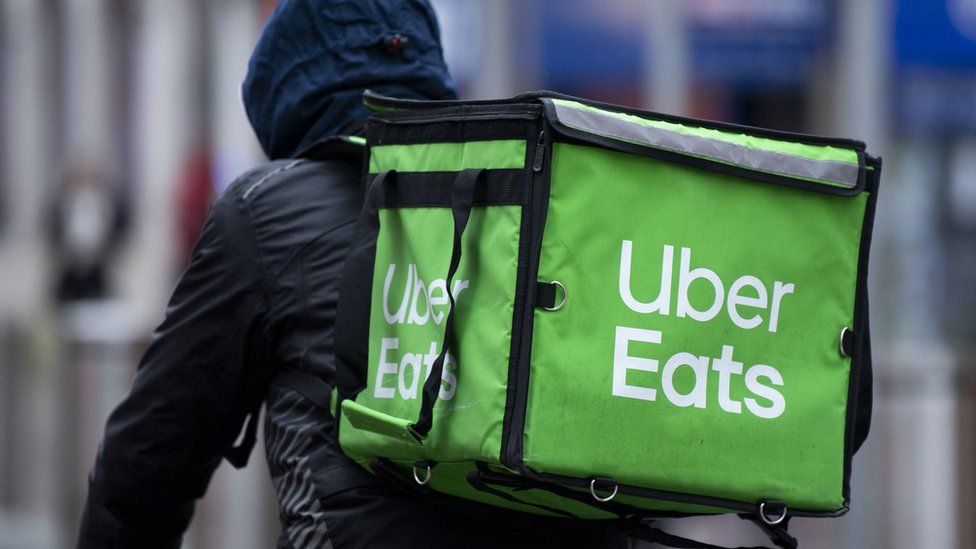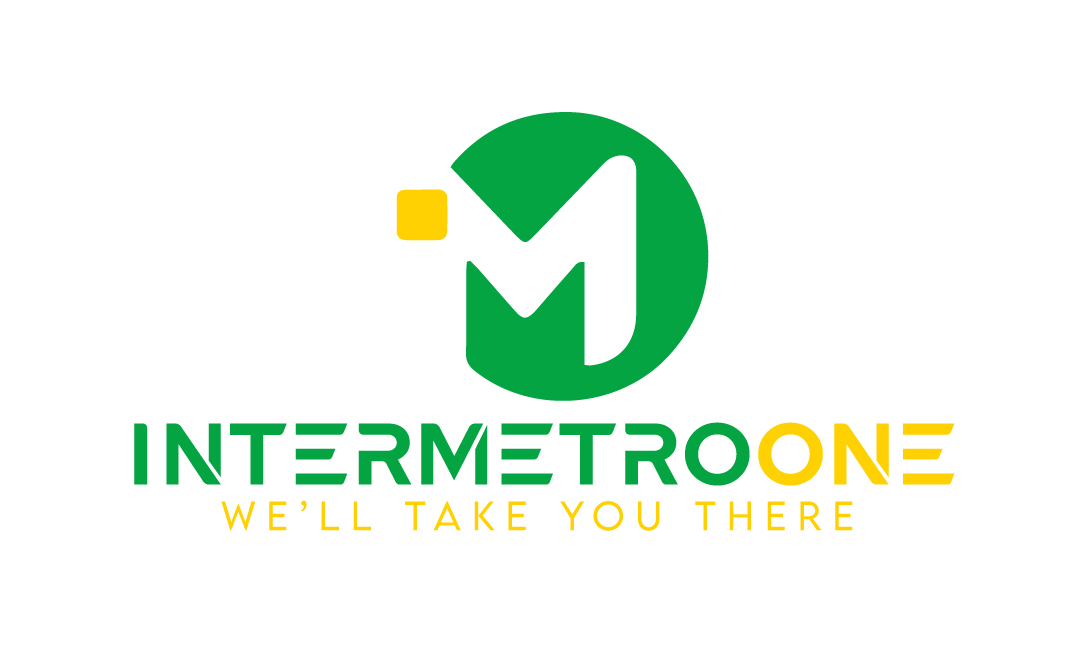Technology
Transactions Made Easier With Digital Payment Wallet

Businessuite News24
Jamaica Market Entry via Acquisition: Uber Eats’ Potential Playbook
“An Uber Eats acquisition would be a seismic shift for Jamaica’s food delivery market—creating opportunities for founders and consumers, but risking local economic leakage, higher merchant fees, and reduced entrepreneurial diversity.”
Business Insights
Jamaica, Is Uber Eats Coming Soon?
Local platforms aren’t just incumbents—they’re innovators with diversified offerings, profitability, and brand loyalty. If they move fast—improving UX, expanding services, and forging local partnerships—they can front run Uber Eats, closing the window on foreign intrusion.
Businessuite Women
Data Mavericks of the Caribbean: Raquel Seville & Dataffluent’s Visionary Rise
Businessuite News24
Businessuite Special Report P4 | Homegrown Disruption: InterMetroONE & Walkbout.com Position Jamaica’s Answer to Uber–Airbnb
Now is the time for SMEs, associations, and government to align—ensuring that if Uber and Airbnb ever arrive together, Jamaica’s own ecosystem remains vibrant and in control.
Businessuite News24
Businessuite Special Report P3 | Uber x Airbnb: A Strategic Alliance That Could Redefine Jamaica’s Travel Industry – But At What Cost?
The future of Jamaican tourism lies in its ability to integrate into global digital ecosystems without sacrificing local livelihoods. The time for public–private dialogue is now.
-

 Businessuite News242 weeks ago
Businessuite News242 weeks agoJamaica Records US$2.4B in Earnings From 2.3 Million Visitor Arrivals Since Start of 2025
-

 Businessuite Women3 weeks ago
Businessuite Women3 weeks agoData Mavericks of the Caribbean: Raquel Seville & Dataffluent’s Visionary Rise
-

 Businessuite News244 weeks ago
Businessuite News244 weeks agoBusinessuite Special Report P4 | Homegrown Disruption: InterMetroONE & Walkbout.com Position Jamaica’s Answer to Uber–Airbnb
-

 Business Insights4 weeks ago
Business Insights4 weeks agoBusinessuite Cover Story: Too Much Power? Governance Risks Rise as Tyrone Wilson Consolidates Leadership at Kintyre and Visual Vibe
-

 Business Insights4 weeks ago
Business Insights4 weeks agoBusinessuite Special Report P1 | When Titans Unite: How an Uber–Airbnb Alliance Could Redefine Travel in Jamaica and Beyond
-

 Businessuite Markets4 weeks ago
Businessuite Markets4 weeks agoPROVEN Group Reporting Net Profit Of US$2.6 Million For Financial Year March 2025
-

 Businessuite Markets4 weeks ago
Businessuite Markets4 weeks agoCAC 2000 Back to Profit in Q2 Despite J$56.1M YTD Loss
-

 Businessuite News244 weeks ago
Businessuite News244 weeks agoBusinessuite Special Report P3 | Uber x Airbnb: A Strategic Alliance That Could Redefine Jamaica’s Travel Industry – But At What Cost?



















 1. Deep Local Insight
1. Deep Local Insight
 In early 2024, Jamaican technologist Raquel Seville founded Dataffluent Limited to address a critical void: Caribbean markets lacked reliable, structured financial data. The startup’s mission is audacious yet essential—to “democratise data for underserved markets,” empowering investors, analysts, and companies to navigate with clarity in regions traditionally seen as opaque .
In early 2024, Jamaican technologist Raquel Seville founded Dataffluent Limited to address a critical void: Caribbean markets lacked reliable, structured financial data. The startup’s mission is audacious yet essential—to “democratise data for underserved markets,” empowering investors, analysts, and companies to navigate with clarity in regions traditionally seen as opaque .







This should be interesting